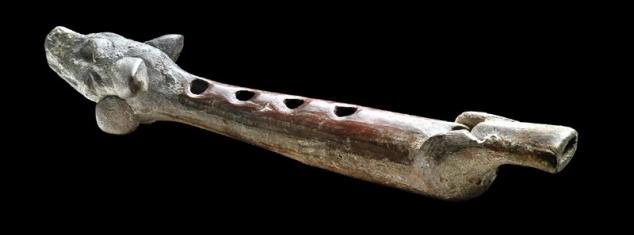
With a bump in the
minimum wage to $9.19 an hour on Tuesday, high school student
Miranda Olson will edge closer to her goal of purchasing that black Volkswagen Beetle she's been researching online.
Olson is only able to pick up
part-time hours, working after classes and on weekends. But the extra
pennies she'll earn in 2013 will add up over the coming weeks and
months.
"It's not much, but it's
something," said Olson, 16, who works at Wagner's European Bakery and
Cafe in Olympia. "Every bit helps."
Many workers around the country
won't be as lucky as the ones in Washington state, which is raising its
salary minimum even though it already has the highest state baseline in
the country. Workers one state over — in Idaho — will make nearly $2 per
hour less in 2013.
Automatic minimum wage increases designed to compensate for inflation have steadily pushed up salaries in some states, even through the recession, expanding the pay gap between areas that make annual adjustments
and those that don't. Of the 10 states that will increase the minimum
wage Tuesday, nine did so automatically to adjust for inflation.
Rhode Island lawmakers approved that state's wage increase this past year.
Paul Sonn, legal co-director at
the National Employment Law Project, said he hopes more states will
start looking at automatic adjustments as the economy recovers. He said
the model — which Washington state first adopted in 1998 — helps avoid sudden jolts as states try to catch up to their peers.
"We think there's a case that it's better for everyone, including the
business community, to have predictable, regular, small increases every
year," Sonn said.
The automatic adjustments aren't much. Washington's bump of 15 cents
will mean those who work 40-hour weeks will earn an extra $6 per week —
enough for a couple lattes — or about $300 per year.
Hundreds of thousands of workers
are expected to get a pay increase with the wage adjustments that begin
New Year's Day. Along with Washington and Rhode Island, the changes will
also occur in Arizona, Colorado, Florida, Missouri, Montana, Ohio,
Oregon, and Vermont.
Between the nine states with
automatic adjustments happening this year, the average minimum wage is
$8.12 per hour, up from a little under $8. States that do not have
automatic changes operate with an average minimum wage of about $7.40 — a
difference of about $1,500 per year for a full-time worker.
Many states, including Idaho, follow the federal minimum wage
of $7.25 per hour, either because they've tied their minimum wage to
that threshold or because the state-enacted minimum is lower than that.
San Francisco has set the highest local minimum wage and will have workers paid at least $10.55 an hour in 2013.
Groups like the National
Restaurant Association oppose further increases in federal or state
minimum wages, arguing that it's an ineffective way to reduce poverty
and forces business owners to cut hours, raise prices or lay off
workers.
At Tom's 1st Avenue Bento, a
downtown Portland lunch spot, owner Tom Hume said he boosted pay for
minimum-wage workers before the end of the year in order to get ahead of
the game. He also raised prices on one-third of his menu items by 25
cents.
Natasha Baker, 22, who works at
Hume's restaurant, recently moved back in with her mother but hopes to
move to another apartment in January. She said the extra $5 or $6 she's
earning every week with the salary boost is OK but won't make a huge
difference.
"I don't usually look at what I
get paid," she said. "I'm more directed on what's being taken out, which
is more discouraging than anything."




 Hours before
Hours before 




















 The
majority of the world's people become lactose-intolerant as they mature
into adulthood. The exceptions are mostly people of European ancestry,
who continue to drink milk all their lives. Why? It's a case of genetic
mutation, in which an adult continues to produce lactase, the enzyme
that digests the milk sugar lactose. But why did the mutation become so
prevalent in the population so quickly (about 20,000 years)?
Evolutionary geneticist Mark Thomas says there had to be something about
drinking milk in Europe that led to increased chances of survival or
higher fertility. Here are a couple of possibilities:
The
majority of the world's people become lactose-intolerant as they mature
into adulthood. The exceptions are mostly people of European ancestry,
who continue to drink milk all their lives. Why? It's a case of genetic
mutation, in which an adult continues to produce lactase, the enzyme
that digests the milk sugar lactose. But why did the mutation become so
prevalent in the population so quickly (about 20,000 years)?
Evolutionary geneticist Mark Thomas says there had to be something about
drinking milk in Europe that led to increased chances of survival or
higher fertility. Here are a couple of possibilities:







 Sixteen new laws take effect Tuesday.
Sixteen new laws take effect Tuesday. 



 Kinder children are more popular
Kinder children are more popular


